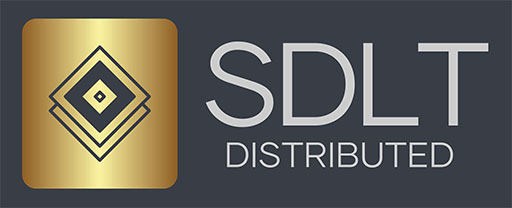
U.S. House Panel Advances Bill to Elevate Blockchain Strategy
A bipartisan legislative effort aimed at strengthening the United States’ leadership in blockchain technology has taken a significant step forward. On Tuesday, the House Energy and Commerce Committee approved the Deploying American Blockchains Act of 2025, which proposes placing the U.S. Department of Commerce at the center of national blockchain and distributed ledger technology (DLT) strategy.
The bill, introduced by Florida Representatives Kat Cammack and Darren Soto, instructs the Commerce Secretary to act as a key advisor to the President on the development, deployment, and regulatory use of blockchain and related applications. This includes advising on technologies underpinned by distributed ledgers and the tokens built upon them.
Securing Technological Leadership
During the committee’s markup session, Rep. Cammack emphasized the need to secure the country’s future in a digital economy that is evolving rapidly. She suggested that blockchain is no longer a niche technology but one that is actively reshaping industries, supporting economic growth, bolstering national security, and improving data governance. According to her, the U.S. is currently at a critical juncture as other global powers, including China, accelerate their adoption of this innovation.
She underscored the view that blockchain is a powerful tool rather than just a trending term. By enabling decentralized and transparent tracking of digital assets and transactions, the technology is seen as vital for modernizing supply chains, enhancing digital identities, and enabling secure smart contracts. She further noted that embracing blockchain would not only drive innovation but also create employment opportunities while protecting American interests.
Democrat Support and Use-Case Expansion
Co-sponsor Darren Soto echoed the need for stronger federal involvement. He argued that the Commerce Department should take a more active role in shaping the future of blockchain, particularly as the technology increasingly intersects with other critical domains like cybersecurity, artificial intelligence, fraud prevention, e-commerce, and compliance.
Soto highlighted blockchain’s core function of providing an immutable ledger, which ensures the reliability of recorded data. He pointed out its utility in diverse areas such as public health management, disaster response, and broader scientific research. He suggested that having access to tamper-proof information would allow federal agencies and researchers to address complex challenges more effectively.
Key Provisions and Strategic Goals
The proposed legislation outlines the creation of a Blockchain Deployment Program under the Commerce Department. This initiative would promote U.S. leadership in blockchain technologies, with an emphasis on encouraging their adoption across federal agencies. In addition, the department would be responsible for producing an annual report to Congress detailing progress and developments related to blockchain activities.
Rep. Cammack expressed hopes that the bill would provide greater clarity for blockchain innovators operating in the United States. She emphasized that establishing Commerce as the central authority would address concerns about domestic projects being forced to relocate overseas due to regulatory uncertainty.
She stated that with the Commerce Department leading the charge, the focus would remain on protecting consumers and safeguarding national security. She positioned the bill as a crucial step toward ensuring that American principles help shape the global digital infrastructure.
Framing the legislation as a matter of technological leadership, economic opportunity, and strategic foresight, Cammack reaffirmed the goal of maintaining the United States’ role as a global hub for innovation and freedom in the digital era.
The bill now awaits a vote in the full House chamber, where its bipartisan backing could accelerate momentum for federal blockchain policy formulation.
